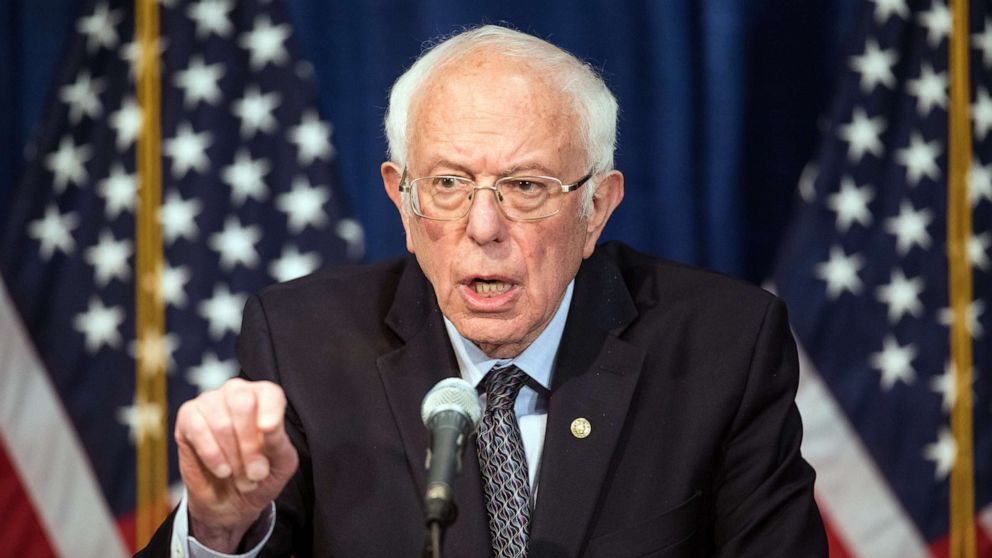The Shadow of Chinese-American Confrontation Falls on Internet Communication Networks
According to American media at the time, U.S. officials tasked with handling national security concluded an agreement with Softbank ensuring that Sprint could monitor which materials and systems it used. It appears that it was worried about Chinese parts, particularly from Huawei. This was six years before its deputy chairwoman and Chief Financial Officer Meng Wanzhou was arrested in Canada.
Team Telecom was an intergovernmental group led by the Department of Justice and composed of the FBI and the Homeland Security and Defense Departments. It was not an official team, legally speaking, and the Federal Communication Commission (which has jurisdiction over communications) and the State Department (which handles diplomatic matters) were not official members.
The Committee on Foreign Investment in the United States was also often mentioned along with Team Telecom.* This group is led by the Justice Department and is not limited to communications. It is a formal agency subject to the authority of the executive branch. If there is a communications-related problem, Team Telecom and CFIUS investigate it separately.
Why does Team Telecom have concerns about national security? As cell phone data has become exceedingly important in tracking criminals and terrorists, there is increasing foreign investment in American cell phone companies.
America’s main cell phone carriers are AT&T Inc., Verizon Communications, Inc., T-Mobile U.S. and Sprint. Each of these has or has had foreign investors from firms in friendly countries in Europe or Japan. But in an emergency, will foreign investors listen to what the U.S. government says? This is Team Telecom’s biggest concern.
However, in the past, it was normal for acquisitions to be approved only after a pause in the acquisition proceedings and discussion among the companies.
That being said, when the Donald Trump administration took over in 2017, the team changed its guidelines. This was apparent with the underwater Pacific Light Cable Network, which would have connected Los Angeles on America’s West Coast with Hong Kong. Due to opposition by Team Telecom, the FCC withheld the necessary permission for unloading.
America’s Google and Facebook each owned 20% of PLCN, and Pacific Light Data Communication of Hong Kong, owned by the Chinese real estate magnate Wei Junkang, owned the remaining 60%. Wei wasn’t satisfied with his success in Shanxi ironworks or Beijing real estate, and tried to get into communications.
Yet when Team Telecom opposed the undersea cable project because of its majority Chinese ownership, Wei presented almost all of the holdings in the project to the major Chinese communications provider Dr. Peng Telecom & Media Group.
To the further dissatisfaction of Team Telecom, Dr. Peng and Huawei concluded a strategic cooperation agreement in crowd computing, artificial intelligence and 5G in 2014.
The large-scale democracy demonstrations in Hong Kong were also influential. Hong Kong was considered a relatively safe place to unload cables, but the Hong Kong and Chinese governments’ attempts to put down the protests were controversial. In 2018, the Chinese-American trade war and technological dispute also broke out.
The laying of undersea cable directly connected to China had been permitted until 2017. The current cables continue to be used.
A source familiar with the inner workings of the American government views Team Telecom’s rejection of PLCN as a mistake. The source says the issue is under “active consideration,” but a final decision has not been reached.
The internet connects people across borders and was thought to contribute to prosperity and democratization. But it can no longer can escape geopolitical damage. PLCN is the epitome of this.
*Editor’s note: The Committee on Foreign Investment in the U.S is an inter-agency committee of the United States government that reviews the national security implications of foreign investments in U.S. companies or operations.

